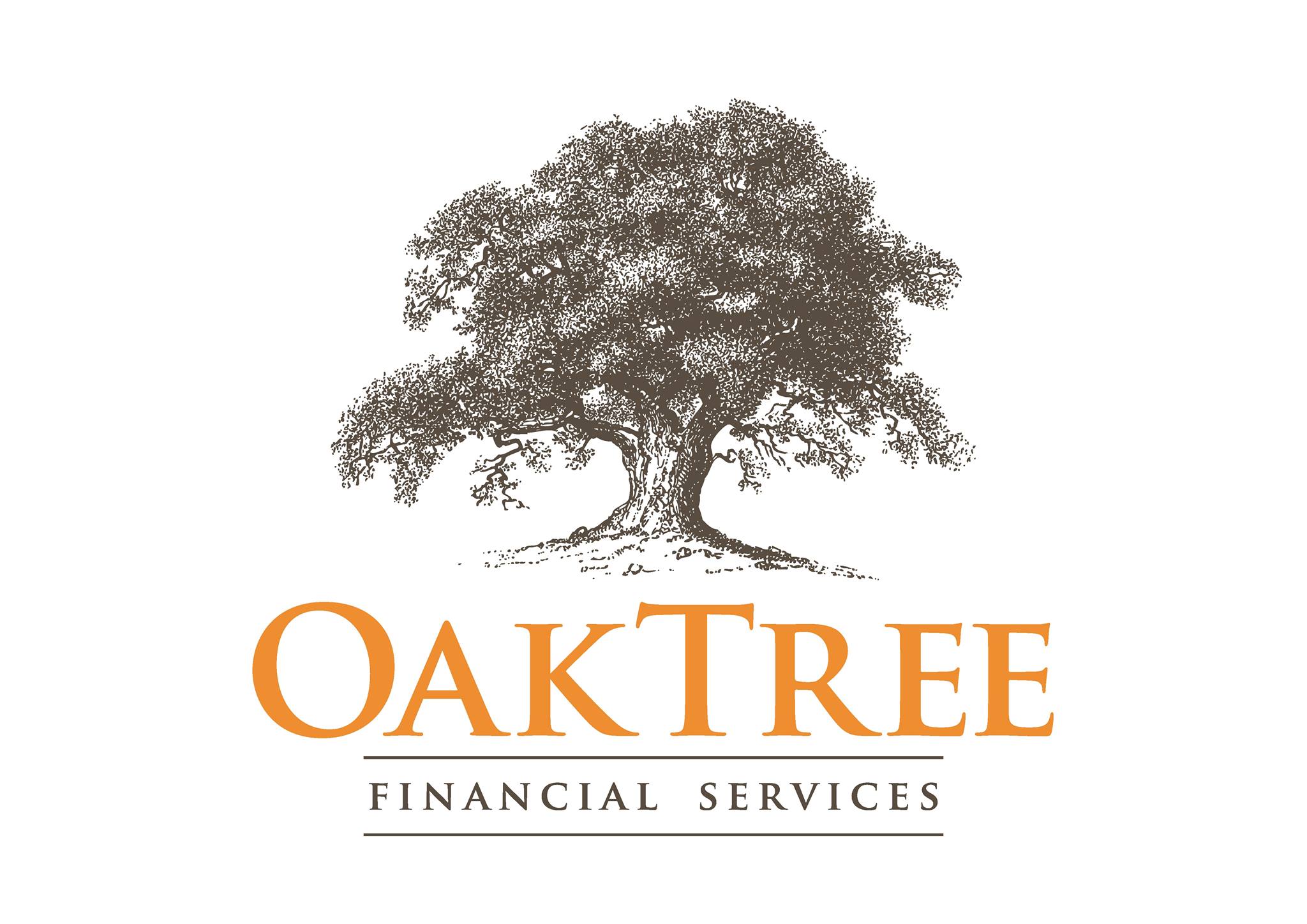A large percentage of people head straight to a bank or a credit union (as more credit unions start offering “financial services”) when they want advice on the following products:
- Investments or Savings
- Pensions
- Life Insurance
- Serious Illness Cover
- Mortgages
- Income Protection
If this is your strategy, then you may be missing out on some very significant benefits.
A Survey carried out by Standard Life and Brokers Ireland in February 2016 shows that those who have used a Financial Advisor:
- Have nearly three times the savings and investments than those who don’t;
- Are more than twice as likely to have a pension;
- Are more financially protected as a result of holding more financial products;
- Feel more financially confident; and
- Also feel more confident about their financial future
There are countless reasons why it pays to use a Financial Advisor when shopping for financial products but here are some of the main ones:
- Choice
The biggest advantage of a Financial Advisor over a bank/credit union is choice. When you sit in front of a Financial Advisor, you have access to a choice of product providers versus visiting the bank/credit union who only have access to one provider’s products and is tied to that provider in giving you “independent” advice. This is important when looking for advice on any financial product and gives you much more options on product choice, provider choice, and cost.
- Experience / Relationship
Ask your representative in the bank/credit union how long they have been helping people with their financial advice. Financial Advisors own their own businesses and are committed to their clients in the long-term, with many years of industry experience. Banks are large institutions that move their staff around so you cannot be guaranteed to have the ongoing advisor relationship that a Financial Advisor can provide. Credit Unions have only just entered the financial services world. So really how much experience will they have?
- Specialisation
If you’re looking for specialised assistance with your financial products, it pays to talk to a specialised advisor. For example, if you’re starting a pension, look for a financial advisor who specialises in pensions. Many financial advisors will have specialists in different services, like ourselves. When dealing with bank/credit union staff, you cannot be guaranteed that they have specific experience in areas such as pensions, investments etc. Are you simply serviced by whoever happens to be in the branch?
- Convenience
Financial Advisors are not tied to branch opening hours and can see you whenever and wherever is convenient for you. Typically this will also mean you don’t need to book 6 weeks in advance which seems to be the case with all other products you need from banks these days.
- Ongoing Reviews
Once your policy is up and running you need to know what you have, who you have it with, and what it is supposed to do for you. Not surprisingly with everything else we have to remember we sometimes forget what we set up and why! With a Financial Advisor, you can always just give us a call and we can reassure you of the product you put in place. With a bank or credit union, the person in the branch most likely has no clue about who has your policy.
So remember, if you are in need of financial advice, talk to those in the know. Contact us today on 025-30588 or book a chat with us here. Also, feel free to subscribe to our monthly email newsletter below.

Adrian Godwin is a Senior Financial Consultant and the co-founder and managing director of Oaktree Financial Services. With a background in accounting and tax advising, Adrian specialises in estate planning and wealth management.Adrian offers clients reassurance through best practice solutions. His unique skill set and qualifications enable clients to develop comprehensive life plans that align with their goals.


